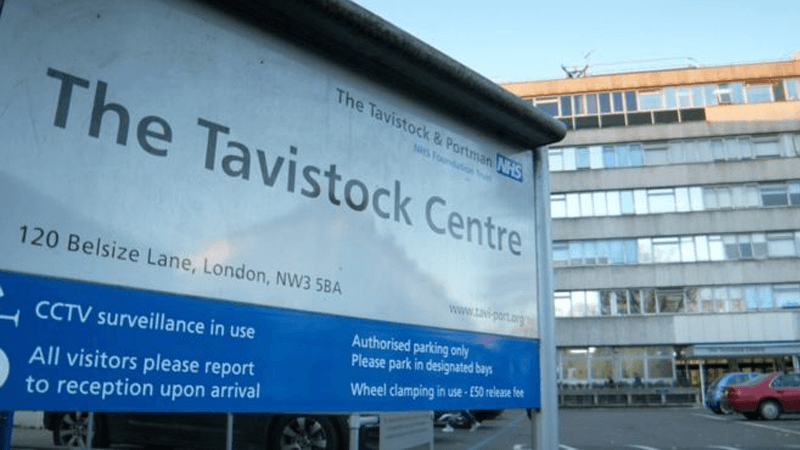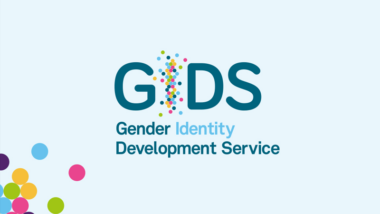The mother of a 16-year-old girl with autism has spoken of the ‘trans radicalisation’ that led to her daughter being referred to NHS England’s Gender Identity Development Service (GIDS).
Following the referral, the mother took legal action against the controversial clinic to prevent it giving puberty-blocking medication to children and was subsequently joined in her fight by detransitioner Keira Bell.
At the start of the month, the High Court ruled strongly in their favour.
‘Radicalised’
Speaking publicly for the first time, the mother – known as ‘Angela’ – told The Mail on Sunday that her daughter had seemed quite content growing up.
However, Angela explained, all that changed when her daughter ‘Kate’ went online. There, she believes, Kate was “radicalised” by “trans-identifying groups”.
After watching “endless” YouTube videos containing pro-trans propaganda and immersing herself in online chat forums promoting radical trans ideology, Kate announced to her parents: “‘I don’t want to be a girl any more – I want to be a boy’.”
‘Conveyor belt’
While Kate waited for an appointment with the Tavistock and Portman NHS Foundation Trust which runs the GIDS, Angela began to explore the treatment on offer and became fearful of the consequences it would have upon her daughter’s life and future.
“It was almost a conveyor belt – once on puberty blockers the next step is pretty much inevitably cross-sex hormones like testosterone, with all the problems of irreversibility they entail, and the next step is surgery itself. I feared she would have just kept going.”
She added: “I am convinced the Tavistock wouldn’t have tried to dissuade her from going on puberty blockers. They would have affirmed her belief in being trans.”once on puberty blockers the next step is pretty much inevitably cross-sex hormones
Landmark victory
Explaining why she took part in the judicial review, Angela said: “I did this to safeguard Kate’s long-term future. But it was also a question of medical ethics”.
Commenting on the verdict, she hoped doctors would now show greater “clinical curiosity” and listen to parents “without dismissing them as unaccepting, bigoted, transphobic”.
Angela expressed relief at the outcome and said that she had acted in Kate’s best interests: “I am her mother and she is a child, a child with Asperger’s, so I firmly believe it was my duty as a parent to fight to protect her.”
once on puberty blockers the next step is pretty much inevitably cross-sex hormones
Uninformed consent
In court, lawyers acting for Bell and ‘Angela’ had argued that young people have too little life experience to understand the potentially devastating and lifelong consequences of taking the experimental ‘sex-swap’ drugs.
The three senior High Court judges said it was “highly unlikely” children 13 and under could ever genuinely consent to hormone blockers, and “very doubtful” 14 and 15-year-olds could do so.
For children aged 16 and over the Court ruled that: “so long as the young person has mental capacity and the clinicians consider the treatment is in his/her best interests, then absent a possible dispute with the parents, the court generally has no role”.
However, it concluded: “Given the long-term consequences of the clinical interventions at issue in this case, and given that the treatment is as yet innovative and experimental, we recognise that clinicians may well regard these as cases where the authorisation of the court should be sought prior to commencing the clinical treatment”.
Also see:
Concerns over children’s gender clinic raised 15 years ago
Ex-trans: ‘NHS should have challenged me over belief I was a boy’
Top psychiatrist who warned against trans treatments to be disciplined


